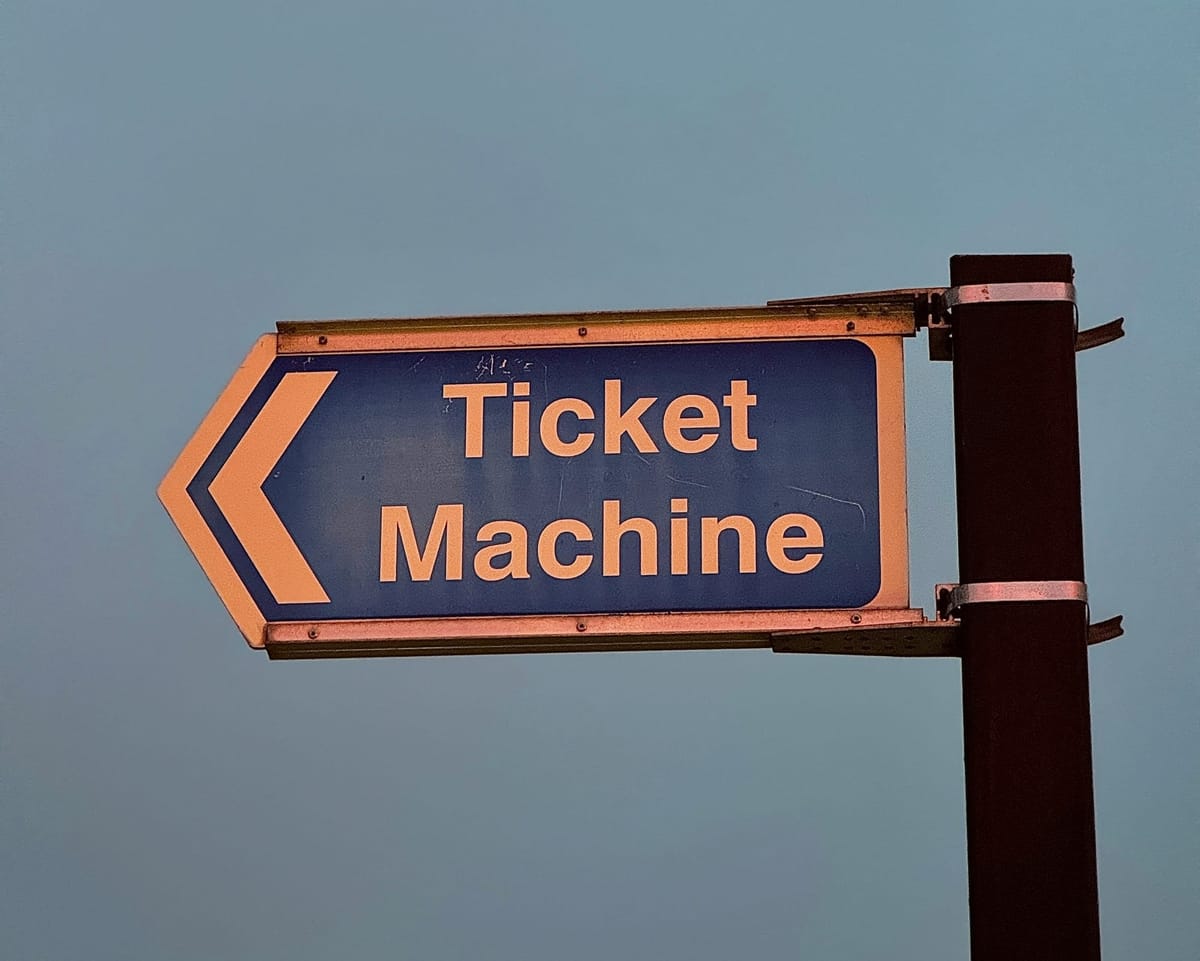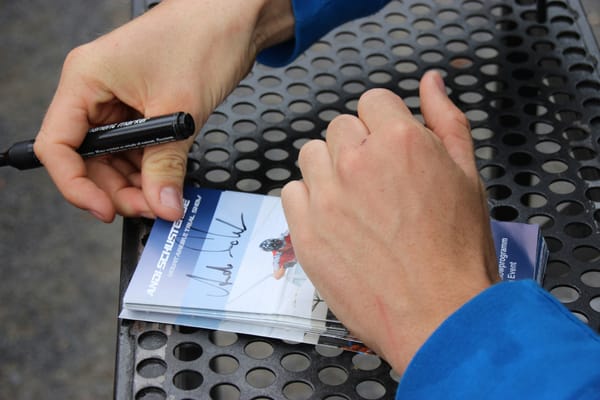Consolidation Disputes in Digitalized Entertainment Markets
The Ticketmaster crash in 2022 sparked widespread antitrust scrutiny, with ongoing litigation targeting monopolistic practices in entertainment services. Challenges could redefine competition and innovation in digital entertainment.

The Ticketmaster crash during Taylor Swift’s “Era’s Tour” presale in 2022 sent shockwaves worldwide with repercussions felt as recent as February 12th. The website’s technical difficulties spurred litigation from upset fans and evolved into a consumer class action lawsuit proceeding alongside the DOJ’s antitrust claim against Live Nation and its subsidiary Ticketmaster. The class action seeks damages for artificially high prices, and the antitrust claim seeks the breakup of an alleged unlawful monopoly. The unprecedented demand for Swift’s concert tickets proliferated into a 128-page complaint accusing Live Nation of threatening rivals and entering unfair exclusive agreements.
This is not the only current antitrust concern in entertainment markets. The FTC’s claims against Meta for eliminating nascent threats and restricting third-party app developers are set to go to trial on April 14th. The litigation could compel Meta to divest its acquisitions of Instagram and WhatsApp. In January, FuboTV dropped its private antitrust action against Disney, Fox, and Warner Bros Discovery for the joint live sports app, Venu Sports. An earlier preliminary injunction suggested Fubo was likely to succeed on its claims before the settlement agreement. Following the agreement to end litigation, Disney combined Hulu + Live TV with Fubo.
Monopolistic threats in the entertainment industry are not new. However, the scale and reach of the mentioned disputes demonstrate challenges to limit anti-competitive practices in a digitalized entertainment market. The consolidation of live event ticketing, social media platforms, and streaming services angered consumers to the point of filing private complaints two years before the DOJ acted. The wide array of services and global operations can mask consumer harm of inflated prices, reduced access, and less choice. Dominant players can leverage their position to bar new entrants to the market and point to rapid technological innovation to legitimize their market control. Live Nation allegedly blocked venues from using multiple ticketers to permit competition by offering the “best mix of prices, fees, quality, and innovation to fans”. Rapid technological innovation serves as a double-edged sword; as a defense for monopolies alleging improvements for consumer welfare and as the product market competitors are excluded from
The DOJ’s and FTC’s assertion that innovation is the targeted market and not a dispositive defense can change the trajectory of entertainment service mergers. Although Fubo’s final verdict did not come to fruition, the defendants’ subsequent abandonment of the joint venture shows the fragility of the current dominant participants. The DOJ and FTC are less likely to settle out of court similarly and could realistically prevail on the divestiture of large market players. The results of these cases, and tangential litigation against tech giants, could alter the market landscape of digital entertainment services and service providers.




